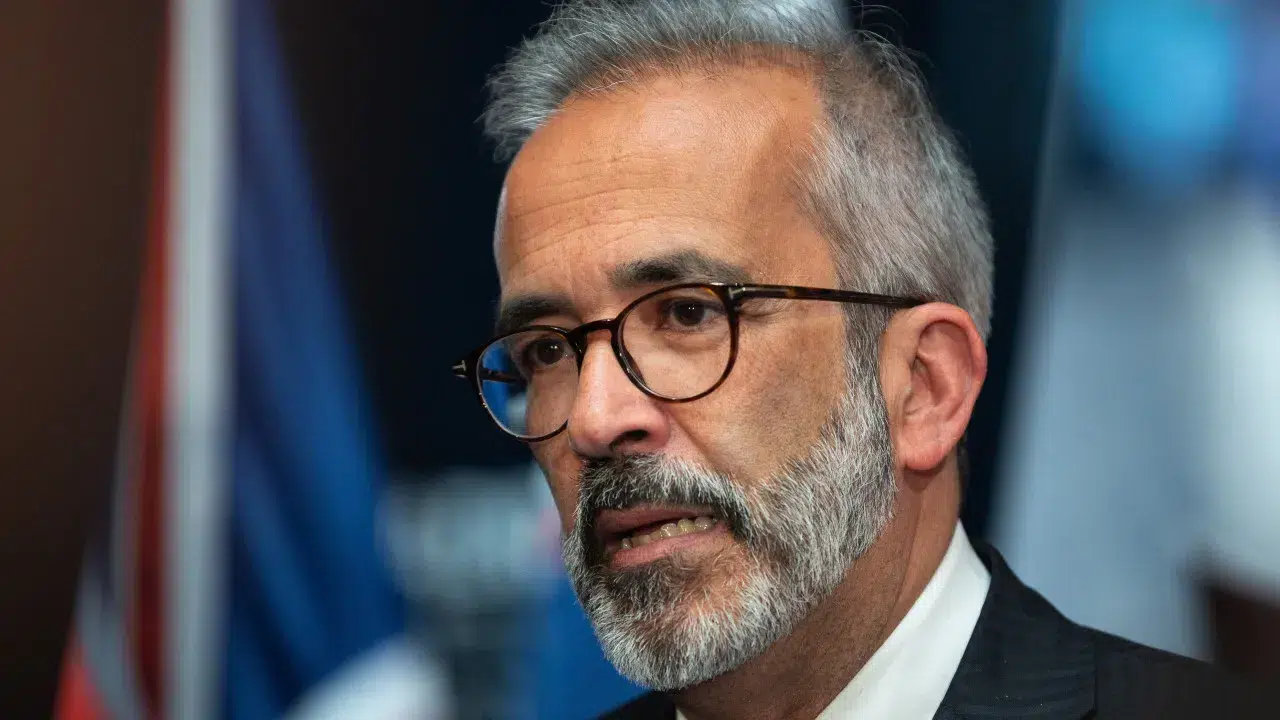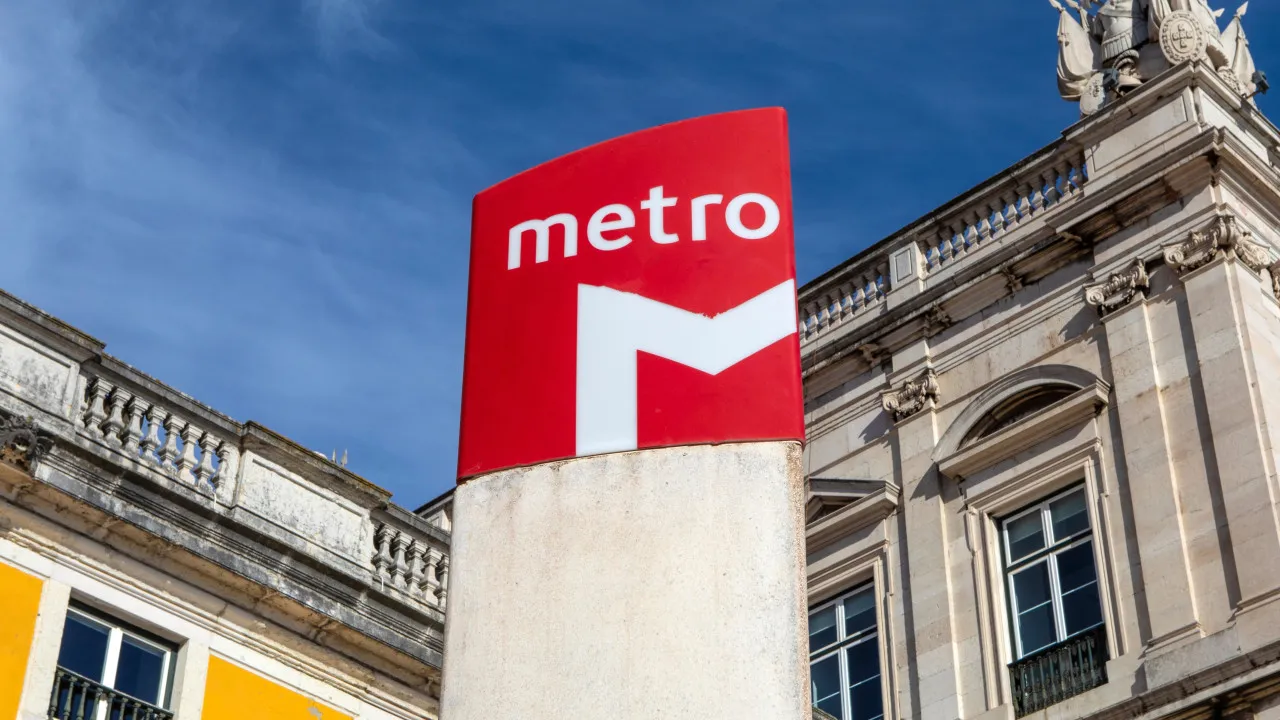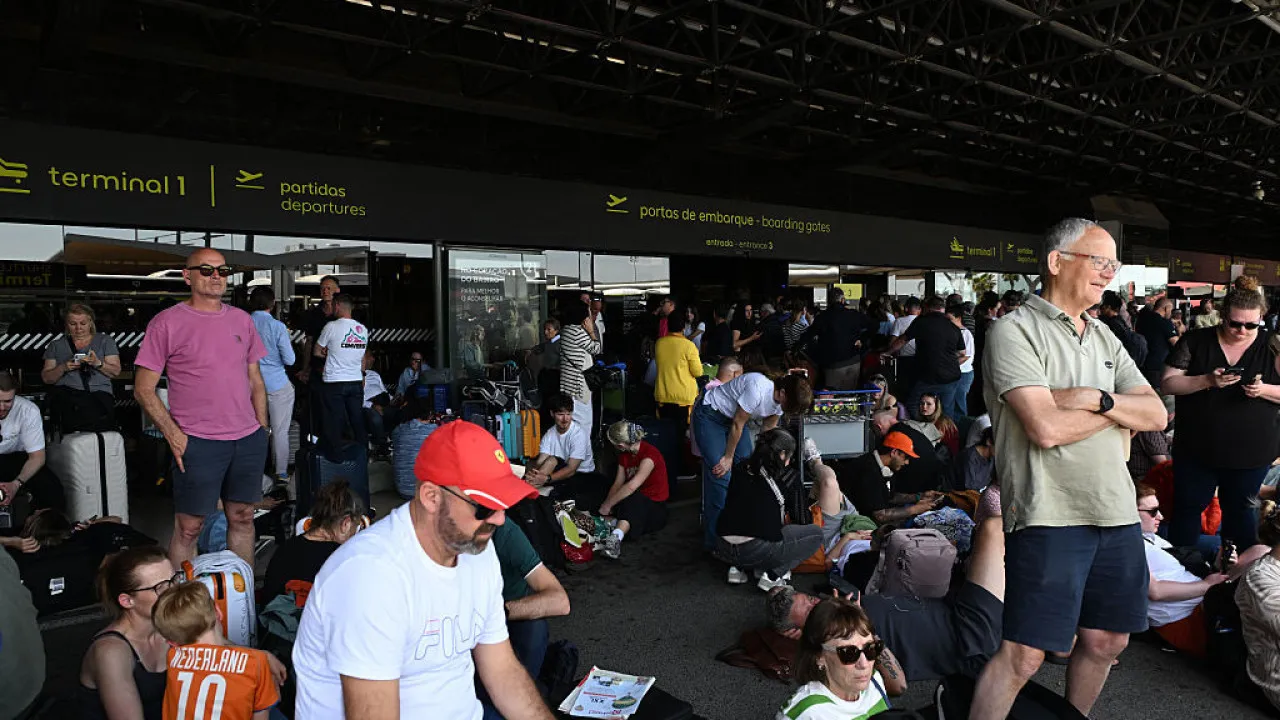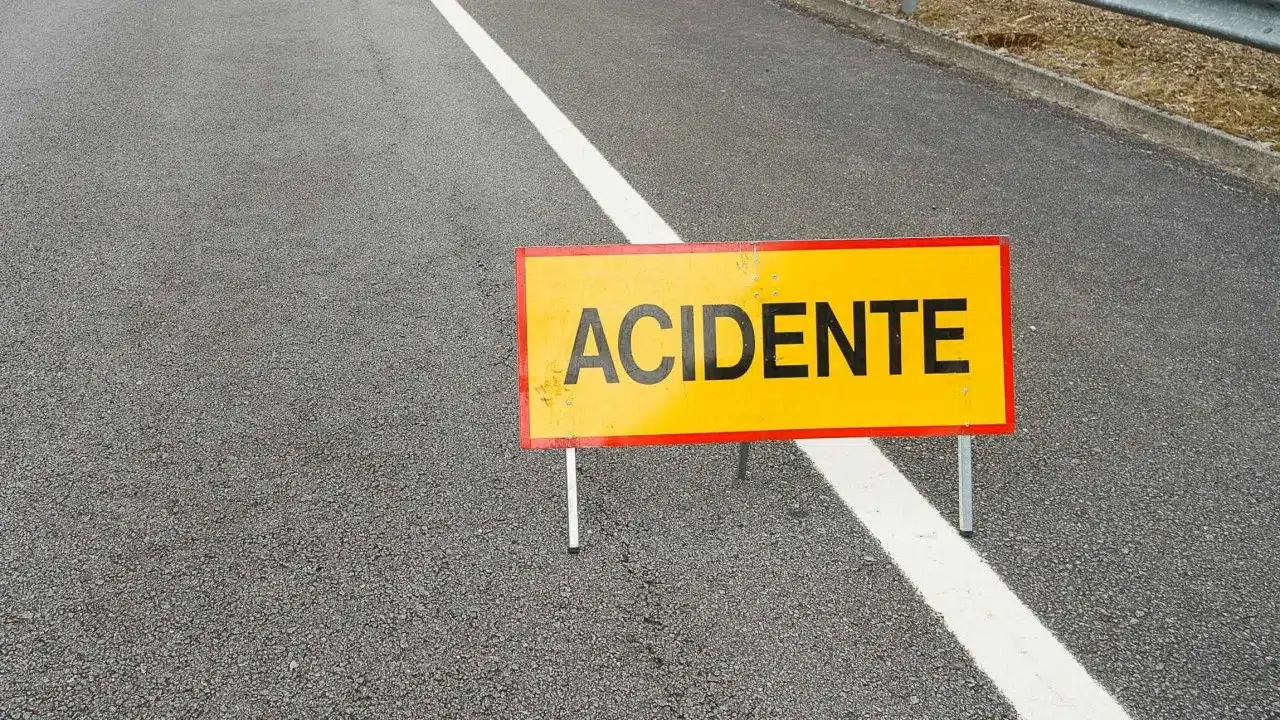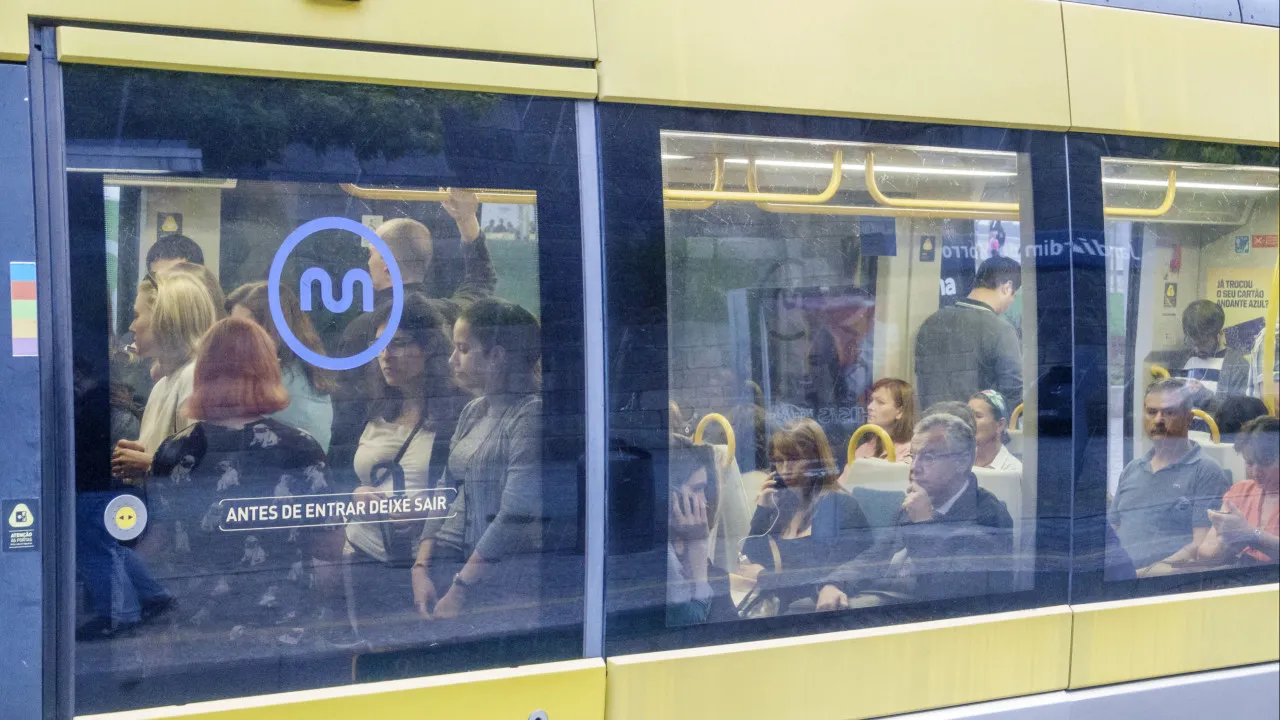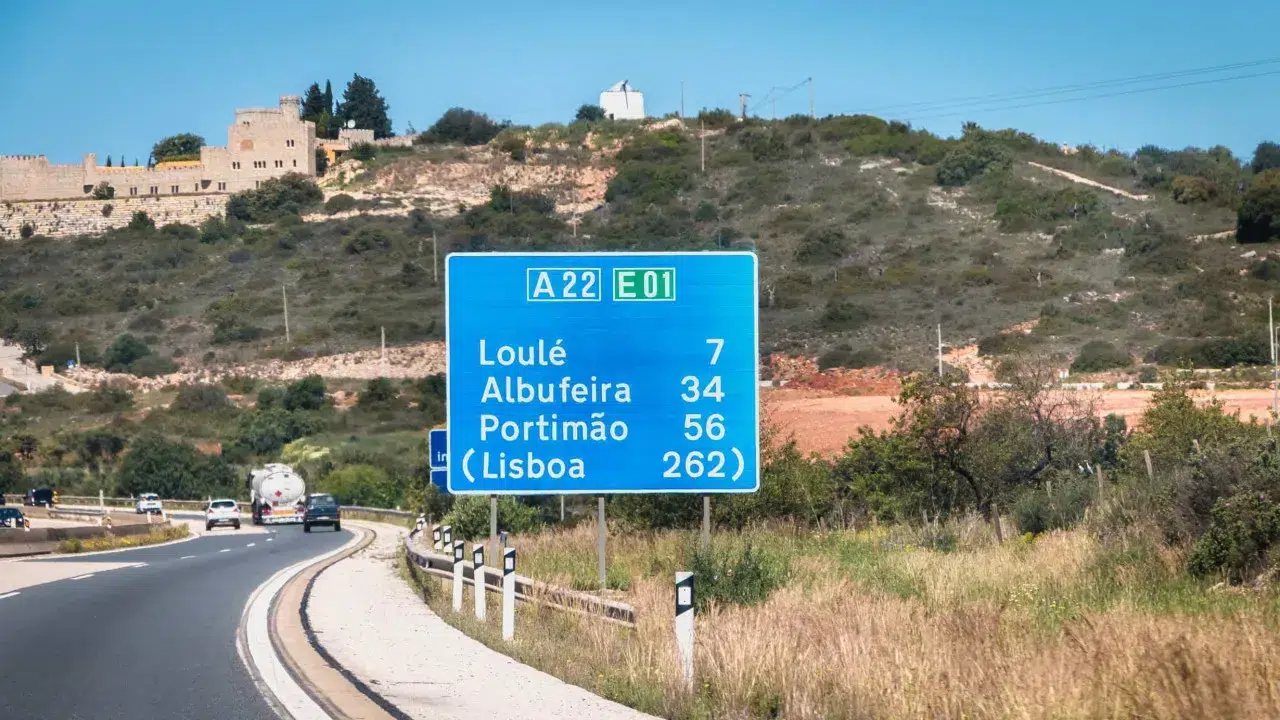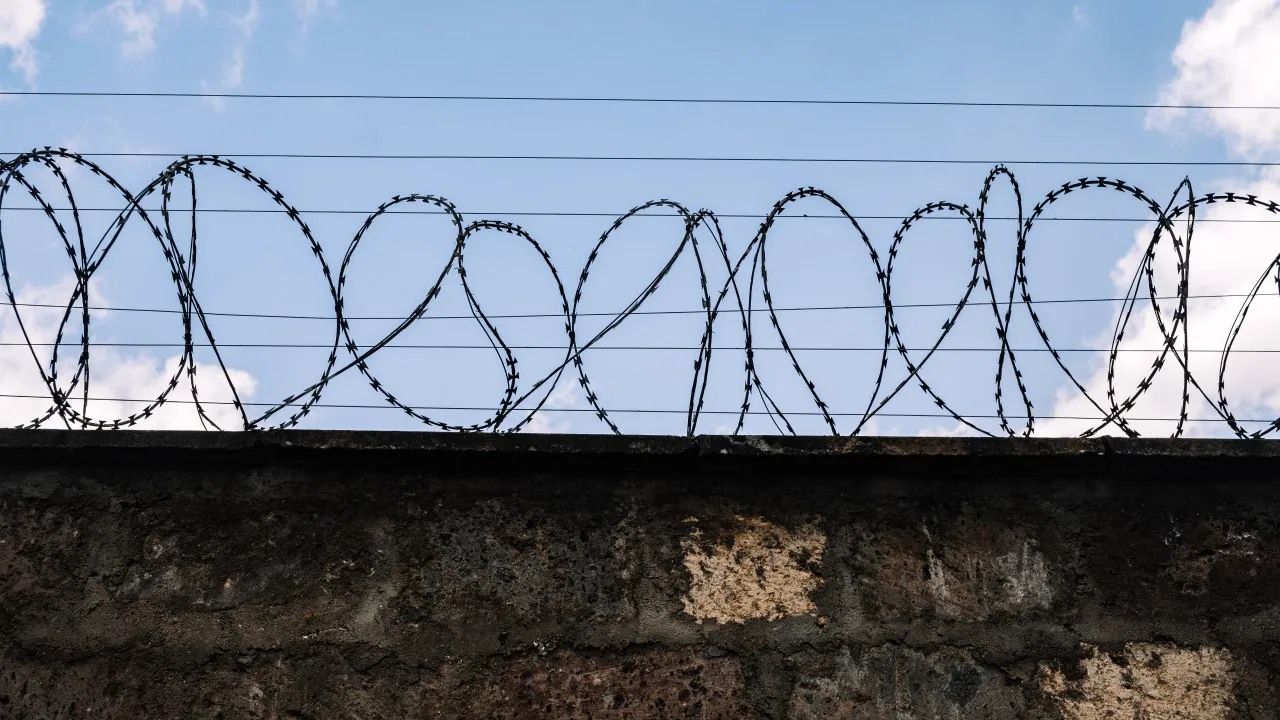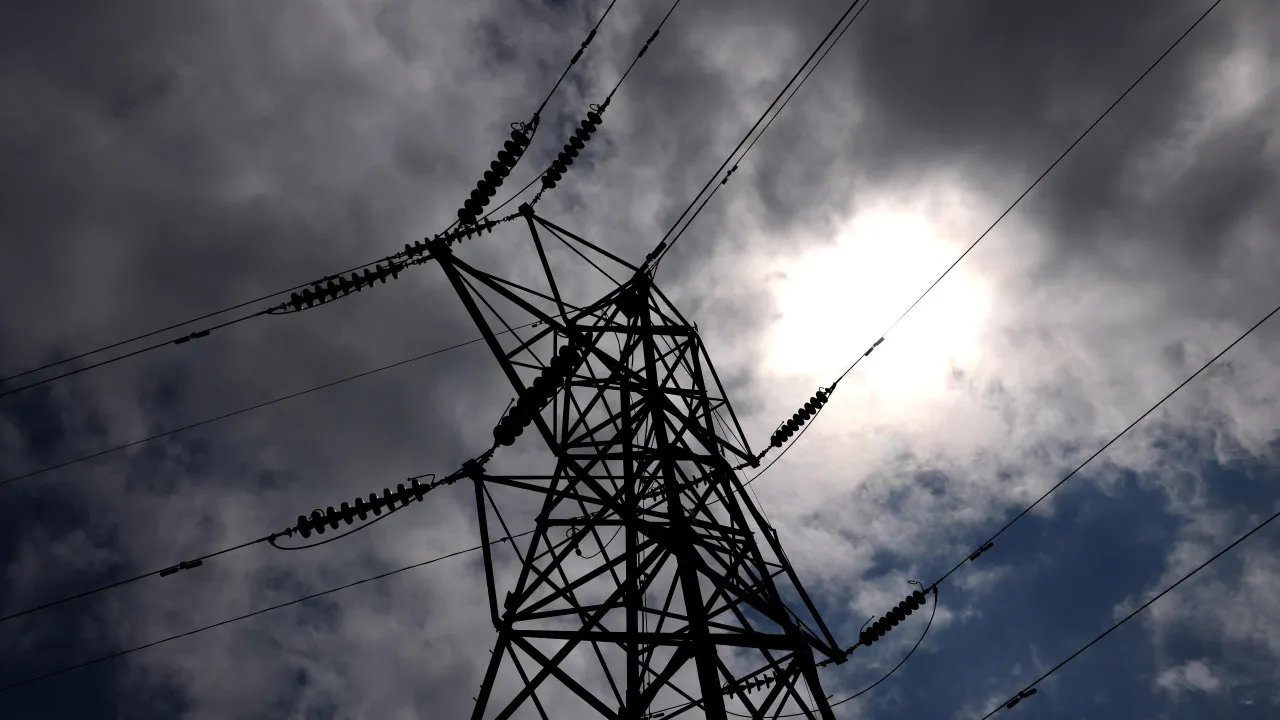The protest by the partners and drivers of individual passenger transport in unmarked vehicles, who are taking to the streets today for better working conditions, is having “strong support”, according to the National Movement Association – TVDE.
Speaking to Lusa this morning, the association’s newly-elected president, Vítor Soares, said, without specifying, that the protest “brought together many” drivers and partners in Amoreiras, Lisbon, in front of Uber’s headquarters, from where they left for Avenida da Liberdade, to stay there for around 24 hours, until Saturday morning.
Vítor Soares explained that the association has given its institutional support to the demonstration, which is also taking place at least in the cities of Faro and Coimbra, because “it is sympathetic to the problems of these professionals and the dissatisfaction experienced in the sector”.
“There’s a huge turnout. There are certainly more than 400 cars and I believe that more will arrive during the day at Avenida da Liberdade, where they will also be stopped out of respect for traffic circulation in the city,” said Vítor Soares.
According to the official, the promoters of the protest said that in the other places where partners and drivers have joined in, the turnout “is also significant”.
In Faro, the protest near the airport is expected to end at 14:00.
Among the reasons for the protest are the cost of travel, which is “at the threshold of profitability for the companies”.
“That’s also why we’ve received reports of drivers who can’t stop for 24 hours because of economic difficulties. It’s impossible for them to stop for the whole day, because the sustainability of companies and families is at risk,” he explained.
According to Vítor Soares, the cost of TVDE activity has been “rising systematically over the last five years”, including the “exorbitant prices” of insurance. The situation means that drivers are “forced to work seven days a week, usually more than 12 hours a day”.
The protesters are calling for a minimum of 0.70 cents to be paid for the kilometer of each journey, as well as for 50% of the kilometer of the journey to be paid until the customer is collected, so that the driver is compensated.
Miguel Cardoso, 28, has been a driver on the platforms for about two years and told Lusa that the sector today “has nothing to do with when it started”.
“We have to work seven days a week, 10 hours a day and in the end, with all the deductions made, we don’t even take home the minimum wage,” he said, stressing that this was one of the reasons why he was at a standstill today.
According to the young man, there has been a “general deterioration in the quality of the service, which has been falling”, and this protest is a way of raising awareness because the drivers “want to give a better service to the customer”, but for that they need better conditions and supervision from the authorities, he acknowledged.
Fernando Martins also stopped his car on Avenida da Liberdade today for “a good cause”, as he told Lusa, saying that the TVDE sector “is out of character” and that there is “general discontent” among partners, drivers and even customers.
“I started in 2017/18 as a part-time job, instilled in me by family and friends that this was a benchmark service that already existed in other countries,” explained Fernando Martins.
The professional acknowledged that this is not a profitable activity, but considered it to be a way of “supplementing retirement” or a first “job for younger people”.
As for the service, he said that it has been “falling in quality”, mainly due to the lack of supervision by the Institute of Mobility and Transport (IMT) and ASAE itself.
“We have legislation that exists, but it needs to be changed, from the age of the vehicles, which should be extended,” said Fernando Martins, also recalling the issue of “very high insurance” and the “high number of driver’s licenses that, if inspected, could be ‘halved'”.
The partners (companies that operate the centralized service on electronic platforms) and drivers also want law 45/2018 to be revised, pointing out that they have already requested meetings with the parliamentary parties to present their proposals for amendments.
Currently, the National Movement Association – TVDE, which elected its new governing bodies in March, has around 200 members and is in the process of attracting new ones.
The number of TVDE driver certificates registered in Portugal is 77,441, according to the latest data from the Institute of Mobility and Transport (IMT), from March 6.
The revision of the law regulating TVDE, scheduled for 2022, has still not progressed, five years after it came into force on November 1, 2018.
In 2023, the PS government led by António Costa postponed the revision of the law governing the sector, expecting it to be completed this year, once the European Union directive on TVDE was known.

